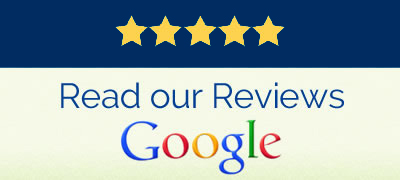
State minimum coverage: Find out if state minimum coverage is leaving you vulnerable
Shield Insurance Blog | State minimum coverage | Start A Quote Today!
When it comes to auto insurance, many people wonder if they really need more than the state minimum coverage. After all, the state requires a certain level of coverage to legally drive on the roads, so why would you need anything more?
While it may be tempting to stick with the minimum coverage required by law, there are several reasons why it is often a good idea to consider getting additional coverage. In this blog post, we will explore the importance of having more than the state minimum coverage and why Shield Insurance Agency is the best choice for finding the right coverage for your needs.
Shield Insurance Agency represents over 40 insurance companies, which means we have access to a wide range of coverage options. Our experienced agents can help you navigate through the different policies and find the one that best suits your needs and budget. Whether you are a new driver or have been on the road for years, we can help you find the right coverage to protect yourself and your vehicle.
One of the main reasons why it is important to have more than the state minimum coverage is to protect yourself financially in the event of an accident. While the state minimum coverage may be enough to cover damages to the other party involved in the accident, it may not be enough to cover your own medical expenses or repair costs. Without adequate coverage, you could be left with a hefty bill that you have to pay out of pocket.
Having more than the state minimum coverage can also provide you with peace of mind. Knowing that you have comprehensive coverage that will protect you in a variety of situations can help alleviate the stress and worry that often comes with driving. Whether it is a minor fender bender or a major collision, having the right coverage can make all the difference in how you handle the situation.
Another reason to consider getting more than the state minimum coverage is to protect your assets. If you are found at fault in an accident and the damages exceed your coverage limits, you could be held personally responsible for the remaining costs. This could include not only the damages to the other party’s vehicle but also any medical expenses or legal fees that may arise. By having additional coverage, you can help safeguard your assets and protect yourself from potential financial ruin.
At Shield Insurance Agency, we understand that everyone’s insurance needs are different. That is why we offer a personalized approach to finding the right coverage for you. Our agents will take the time to understand your specific needs and budget and then work with our network of insurance companies to find the best policy for you. We believe in providing our clients with options and ensuring that they have the information they need to make an informed decision.
Contact Shield Insurance Agency at (616) 896-4600 for a free quote today or start the quoting process by visiting this LINK and an agent will be in touch soon. We are here to help you navigate the often confusing world of insurance and find the coverage that is right for you. Don’t leave your financial future to chance – let Shield Insurance Agency help you protect what matters most.




























































